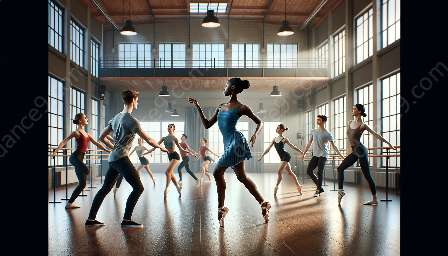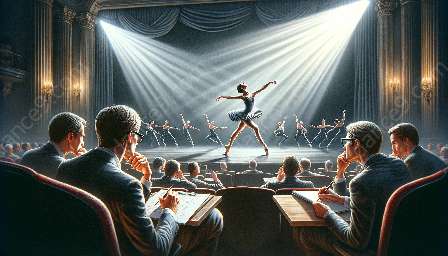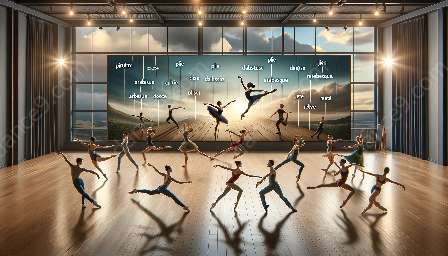Dance is not just about movement; it also requires discipline and focus in order to achieve excellence. Dance instructors play a crucial role in instilling these qualities in their students, empowering them to develop strong work ethics and mental resilience.
The Role of Discipline and Focus in Dance
Before diving into how dance instructors instill discipline and focus, let's first understand their significance in the context of dance. Discipline in dance involves the consistent application of effort and concentration to achieve technical perfection and artistic expression. Meanwhile, focus is essential for mastering choreography, musicality, and the spatial awareness required in various dance styles.
Setting Clear Expectations
Effective dance instructors set clear expectations from the outset, emphasizing the importance of discipline and focus in their classes. By establishing a structured and organized learning environment, they create a foundation for their students to develop these essential qualities. This may include specifying dress codes, punctuality, and behavior norms that promote discipline and attentiveness.
Utilizing Positive Reinforcement
Positive reinforcement is a powerful tool used by dance instructors to encourage and enhance discipline and focus among their students. By praising their efforts, acknowledging improvements, and recognizing perseverance, instructors boost their students' confidence and motivate them to maintain a high level of discipline and focus.
Implementing Consistent Practice Routines
Repetition and consistent practice are key elements in dance training. Instructors implement structured practice routines that require students to focus on refining their techniques and mastering choreography. Through regular practice, students learn the value of discipline, as they understand that consistent efforts lead to improvement and mastery.
Encouraging Self-Discipline and Accountability
Dance instructors aim to cultivate self-discipline and accountability in their students by encouraging them to take ownership of their progress. They teach students to set personal goals, manage their time effectively, and maintain a strong work ethic. By empowering students to be self-disciplined and accountable, instructors instill lifelong skills that extend beyond the dance studio.
Creating a Supportive and Engaging Learning Environment
Engaging and supportive environments foster the development of discipline and focus. Dance instructors strive to create an atmosphere that encourages open communication, teamwork, and mutual respect, providing students with the motivation and support they need to stay focused and disciplined throughout their training.
Teaching Coping Strategies for Challenges
Challenges are inevitable in dance, and instructors recognize the importance of equipping students with coping strategies. By teaching resilience, stress management techniques, and the ability to adapt to different situations, instructors prepare their students to maintain discipline and focus in the face of obstacles.
Emphasizing the Mental and Emotional Connection to Dance
Understanding the mental and emotional components of dance is essential for developing discipline and focus. Dance instructors guide their students to recognize the psychological aspects of dance, such as concentration, visualization, and emotional expression, which are integral to the cultivation of discipline and focus.
Conclusion
Dance instructors play a pivotal role in instilling discipline and focus in their students, fostering attributes that extend far beyond the dance studio. Through setting clear expectations, utilizing positive reinforcement, implementing consistent practice routines, and creating a supportive environment, instructors empower their students to cultivate essential skills that enhance their overall well-being and success.











































